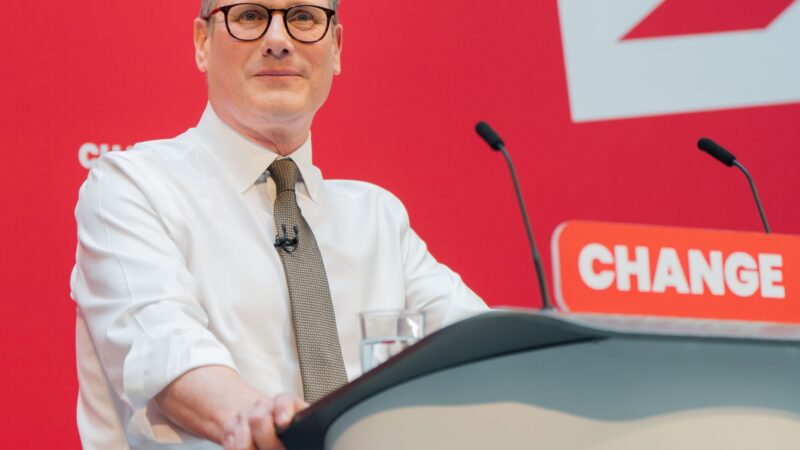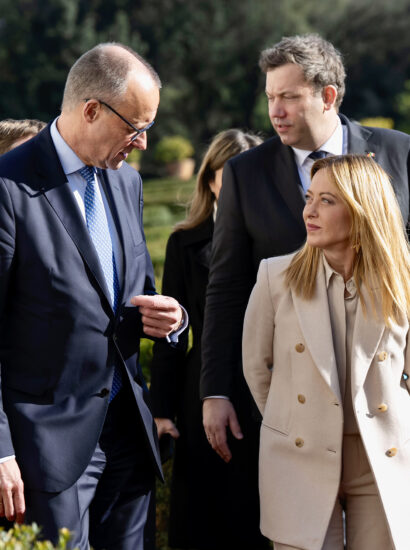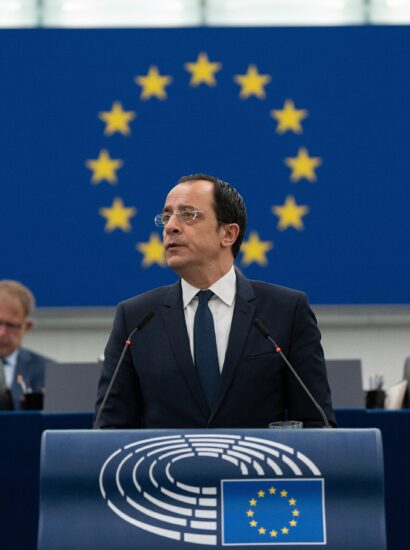In five key areas, from health service to migration management, the UK is broken. As a result, the new Labour government faces a profoundly difficult five years.
Daunting Economic Situation
Pundits agreed before the election that the next government would face the hardest fiscal challenge in 70 years.
In a recent YouGov survey, 60 percent of the population thinks life was better in the 1990s and 2000s. Nostalgia is not the only reason because of which the public looks fondly towards the past. This 20-year period was an economic success and a term of remarkable economic resilience for Britain. It has often been characterized by continuous GDP growth. From 1992 onwards to 2007, the UK experienced its longest period of uninterrupted growth since World War II. The booming financial sector, effective structural reforms, and monetary policies were the key elements of this “Long Expansion.”
In contrast, in the recent years we have seen a global pandemic, a cost-of-living crisis, and major military conflicts worldwide. The UK has produced one of the slowest recoveries from the effects of the COVID-19 pandemic, not to mention the country’s vulnerability to higher energy prices and the after-effects of Brexit.
The overreliance on financial services and lack of investment in other sectors led to significant challenges, including an overstretched National Health Service, a housing affordability crisis, and an aging infrastructure.
Prolonged Crisis in Living Standards and Housing
Troubling figures show that after more than a decade of austerity measures, British five-year-olds are a full centimeter shorter now than they were in 2010, and they are becoming significantly shorter than children in other countries. It is also shocking that in the country of the sixth largest economy in the world, the standard of living for the lowest-income households was 20 percent lower than that of their Slovenian counterparts.
According to the Trussell Trust charity organisation, 7.2 million people, or 11 percent of the UK’s population, lived in food-insecure households (both low and very low food security) during the last two years. This included 17 percent of children, 11 percent of working-age adults, and three percent of pensioners. The Trussell Trust operates a network of food banks across the UK, also reported a 37 percent increase in demand for food parcels between 2021 and 2023 and another 4 percent increase until the end of May this year.
While the Trussell Trust operated only 35 food banks in 2010, by May 2024, the number was over 1300 (the estimated number of food banks across the UK is around 2900).
The housing shortage in Britain due to restrictive zoning laws, limited public housing, and lack of capital has led to increased rental prices, overcrowdedness, and homelessness. On the other hand, precarious living conditions impact social mobility and cost city councils billions in emergency accommodation. The country’s social housing units were reduced by 25 percent from the seventies because of the right-to-buy scheme. In the UK, there have been 1.4 million fewer households in social housing since 1980.
Limited public housing and a shortage of homes are driving people to private renting, which is increasing rental prices.
Over the past 30 years, housing prices have risen significantly faster than real wages, widening the gap between homeowners and tenants.
Lack of Investment in Infrastructure
Sectors, including transportation and public services, also suffer from underfundedness. There is a pressing need for a strategic review of the UK’s approach to infrastructure funding. Just a few examples to highlight what the aging infrastructure can cause.
The number of untreated sewage discharges increased by more than 50 percent last year from the previous one to a record 464 000 spills. According to the Environment Agency, the cumulative duration of the spills doubled to 3.6 million hours.
New projects in Britain are more difficult to execute and expensive. This is no better demonstrated anywhere than by HS2, the planned high-speed rail network. The project was conceived in 2009, but it took 11 more years to start construction. By 2020, the proposed construction costs had soared from pounds 37 billion to 100 billion, and eventually, it was abandoned last year.
The country is running out of sufficient cells, warned the Prison Governor Associaton. Successive justice secretaries and Prime Ministers have chosen not to address the drivers of the crisis. Budgets have been cut, and the supply of places has been under-delivered. The prison population of England and Wales has doubled over the last 30 years, despite crime rates falling substantially. It is currently just over 87 000, up 13 percent just in the last three years.
Migration
Last year’s net migration (685 000) is more than two and a half times the 2010 figure (256 000) despite a string of Tory pledges to reduce it. Over the 14 years of the Conservative rule the focus has shifted gradually from David Cameron’s pledge to bring down overall immigration to Sunak’s terse commitment to “stop the boats”. Although the number of small boat arrivals has increased rapidly over the past couple of years, the numbers are still small in comparison to regular immigration and by no means the only source of irregular migration.
The failed Rwanda scheme was the last secret weapon for the Tories to resolve the issue and deter asylum seekers from crossing the English Channel. The controversial plan was first announced in April 2022 by the Conservative government under Prime Minister Boris Johnson, but it faced a series of political and legal challenges on human rights grounds. Falling short of the anticipated outcome, 11 247 people had crossed the Channel just in the first half of 2024. When the legislation was finally approved on 22 April, 52 000 asylum seekers could potentially be sent to Rwanda, according to the BBC. Although no one was deported as a result of the law, the UK has already paid the Rwandan government £220 million since April 2022, and more yearly payments were planned before the plan was abandoned in the wake of the Labour victory.
The NHS
Since its introduction in 1948, the publicly funded National Health Service (NHS), with its free access to everyone, has become a staple of British life and something that is taken for granted. However, in the last two decades, costs have started to spiral as the quality of treatment and care provided has declined. Beyond that, there are record waiting lists, especially for cancer treatment and other emergency services. The non-emergency waiting list consists of seven and a half million people, which has increased to five million since the Conservatives first took office in 2010. Not surprisingly, a significant number of Brits go to Europe and pay out of their pocket for the treatments in countries like Lithuania. It’s not medical tourism; it is more like despair.
Healthcare inflation makes it difficult for the NHS to improve services and outcomes, as funding is used to cover soaring operational costs with little left for long-term investment.
The Challenges are Set but Will Keir Starmer and his Cabinet Show Up?
Every one of these challenges also presents an opportunity. Following years of instability and short-termism, a new Labour government with a sizable majority in parliament and without fears of internal conflict should be well-positioned to make tough decisions, address persistent issues, and apply new perspectives to challenging policy issues. In the election campaign, the Labour Party promised a mission-driven government and investments in crucial areas, such as health and education, but also stressed the need to balance the books. Starmer and his administration must make the most of their first few weeks and months in office to push forward their agenda. Most importantly, they ought to fund their missions with real money.







